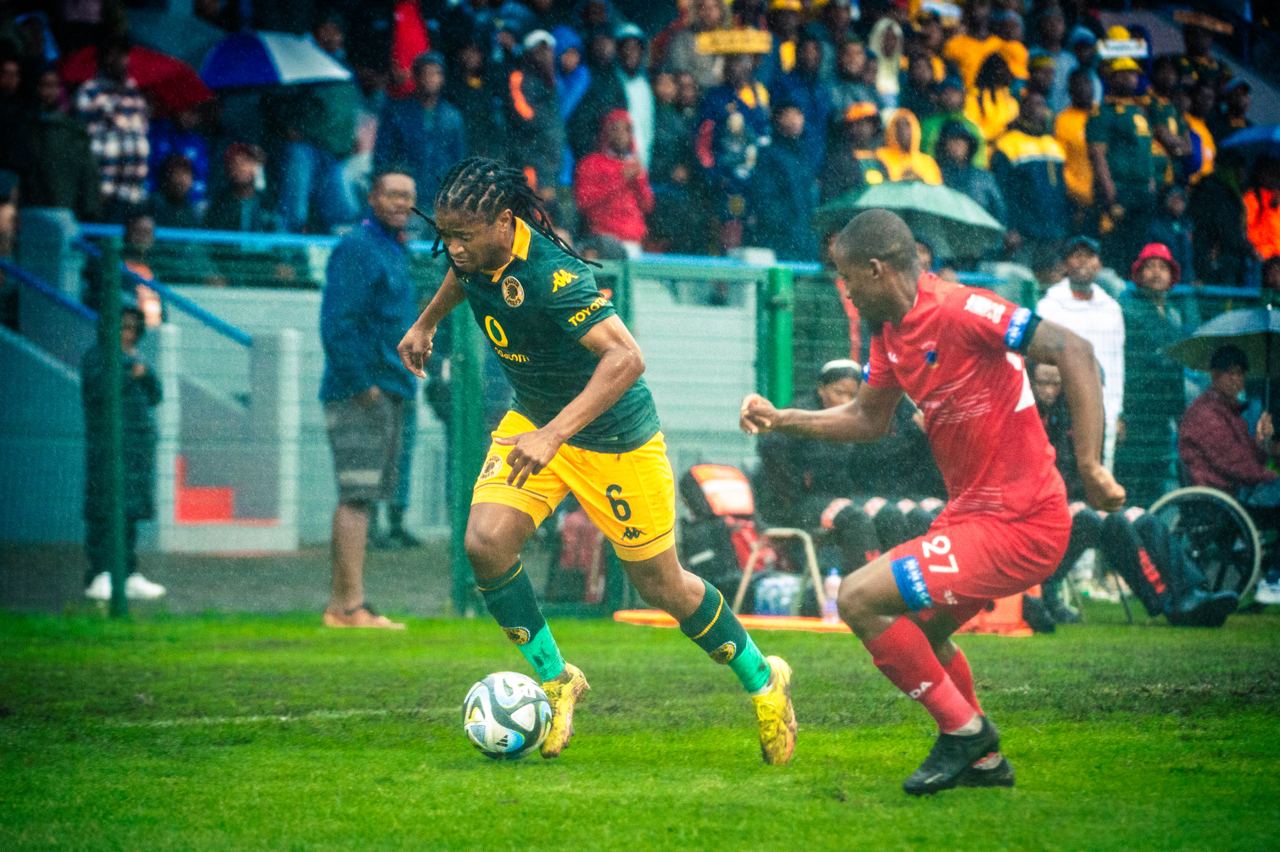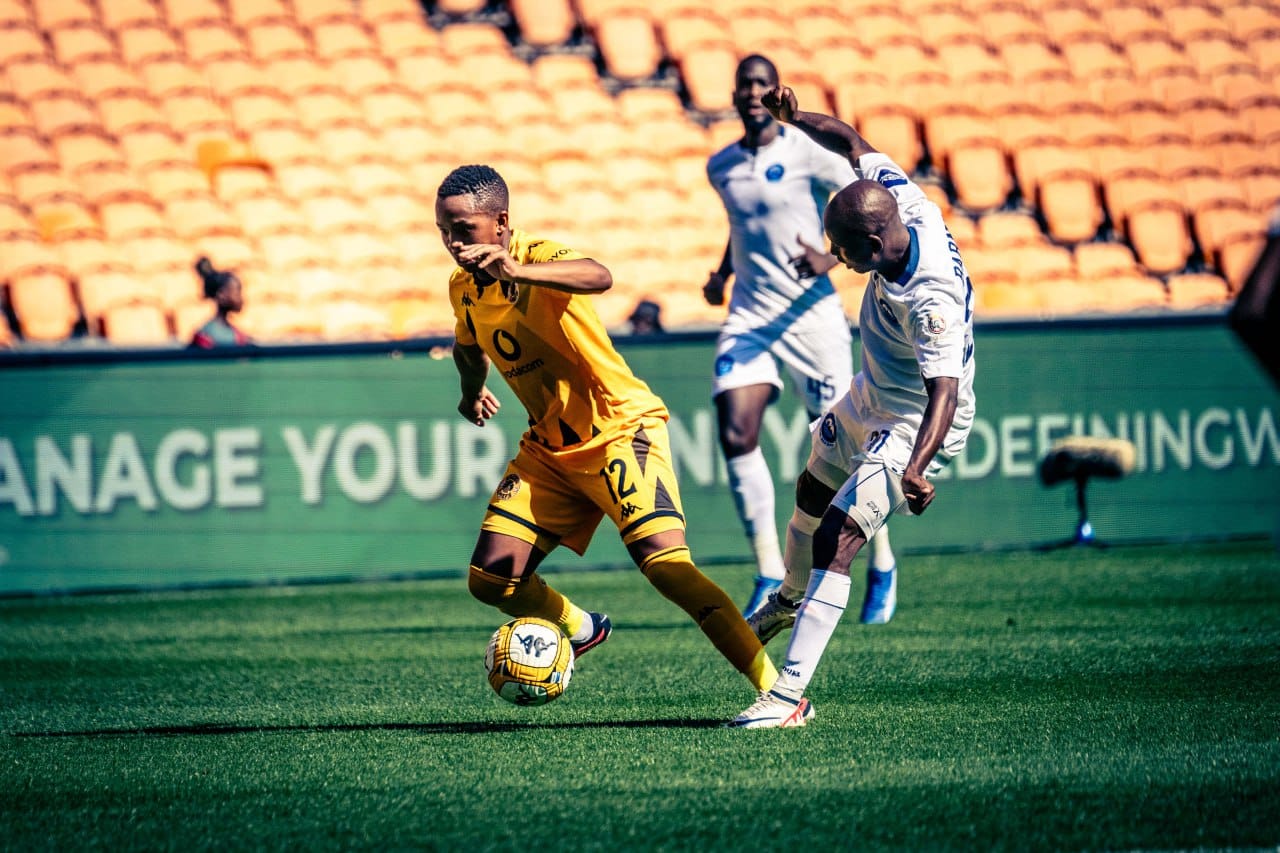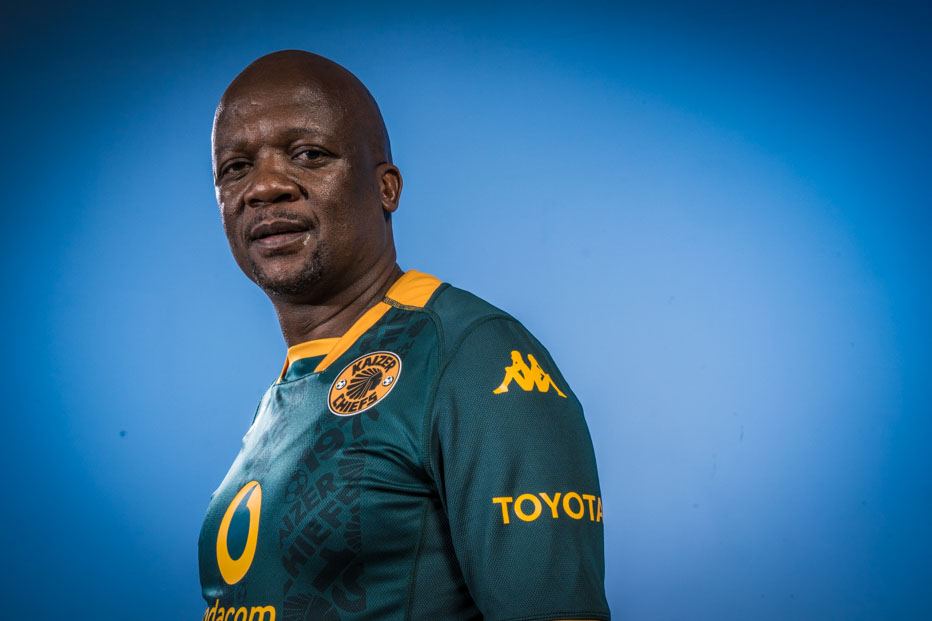Posted in Features, News on Jun 16, 2018.

“It’s the day that Hector Pieterson died,” says the 14-year-old Tshepo Manganye from Mamelodi. Hector was a schoolboy who was shot and killed by police during the Soweto Uprising. A picture of the mortally wounded youngster being carried by another Soweto resident became famous worldwide.
“Hector was one of the students who stood up against unequal education for black and white children,” Tshepo continues. “Thanks to kids like Hector we now live in freedom. They helped change South Africa into a democracy.”
Tshepo also stresses the importance of education, “that’s the key to become successful in your life.”
Rhogan Agocs is 9-years-old, white, loves Amakhosi and proudly wears his Gold and Black jersey in Pretoria, whenever he has a free moment.
“I will spend Youth Day playing soccer,” he says, with my friends. These are mostly all black and Rhogan is usually the only white in the group. Rhogan sees no colour and therefore represents a new dispensation.
“I heard about apartheid at school,” Rhogan says, “I have never understood how people could do things like that to each other. I just want to play soccer, I don’t care about colour or from what cultural background my teammates or opponents are.
“I admire those young kids in Soweto who fought for their rights,” Rhogan concludes. “We must never let us divide based on race again.”
Killer Sunday Mtshali is 13-years-old. He adores Kaizer Chiefs. “Youth Day is a moment to think about the fallen, the children who fought for a better future.”
He will be at home in KwaZulu-Natal. “Of course, I will watch soccer,” Killer Sunday says, “but I will also remember those brave kids who fought for what they believed in. And thanks to them we now enjoy the fruits of their actions.”
“We must use that freedom to get educated,” he concludes, “and do well at school, because that will help us to build a better future.”





